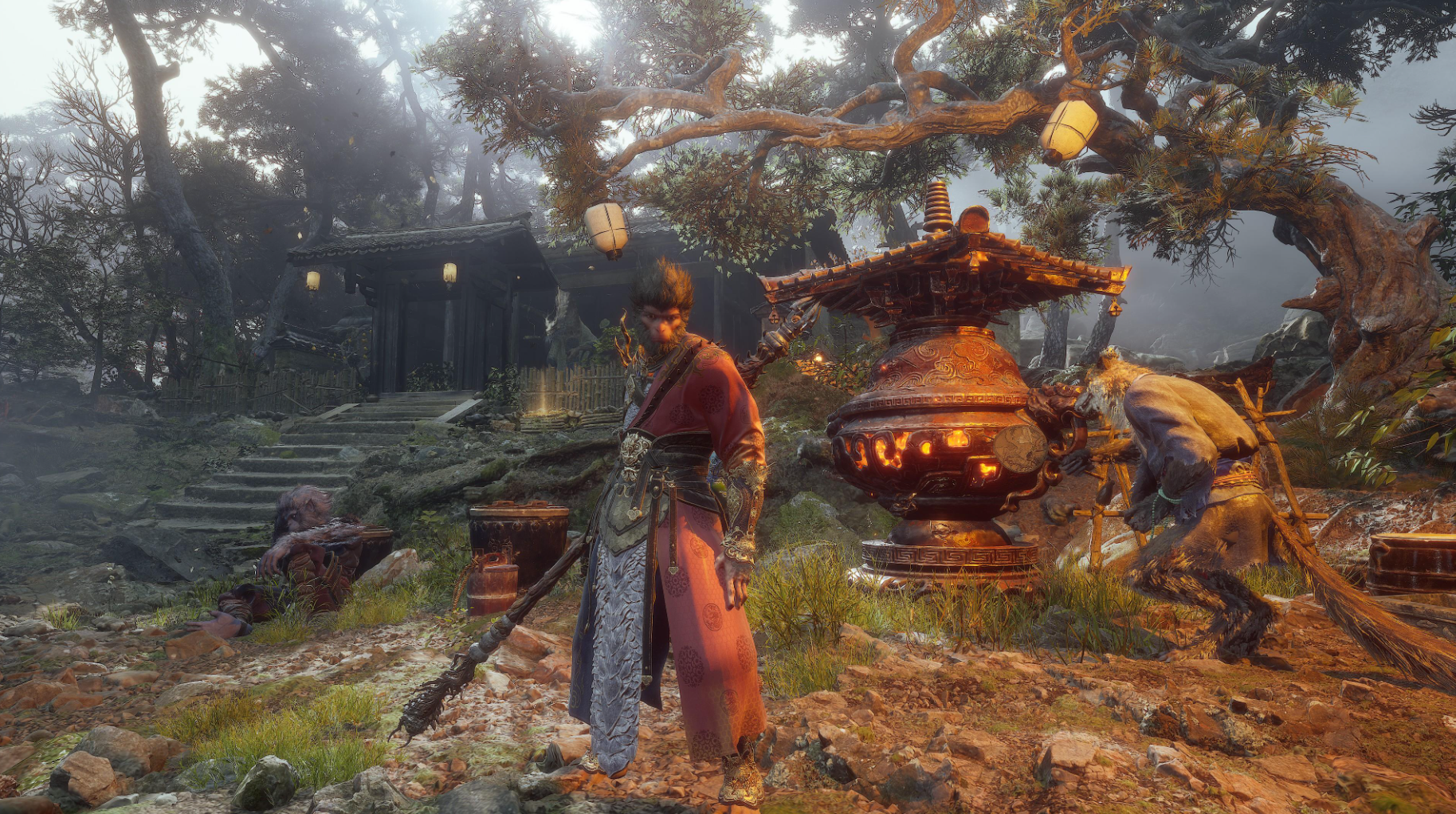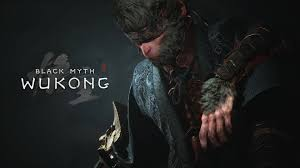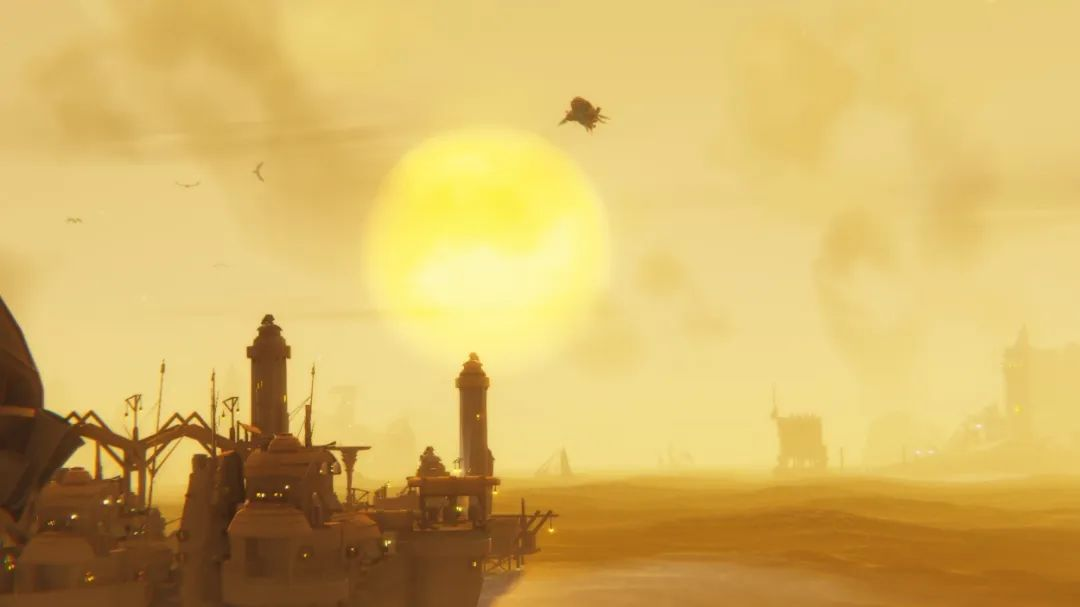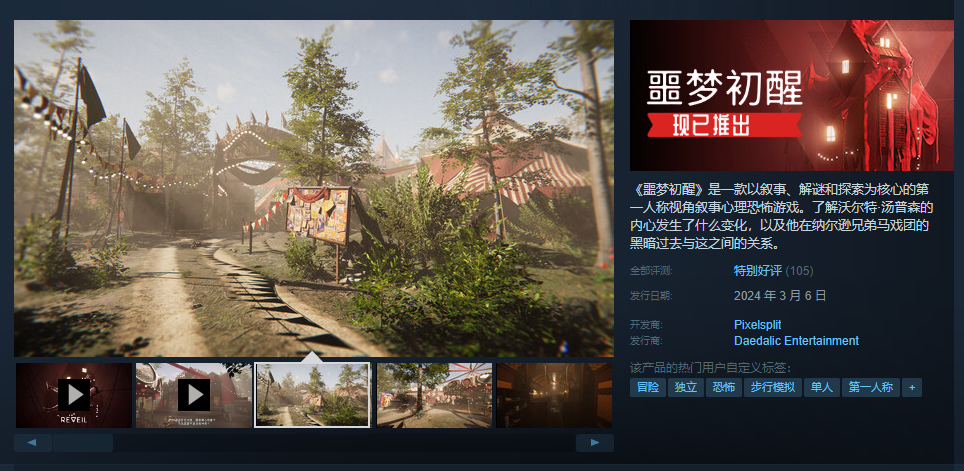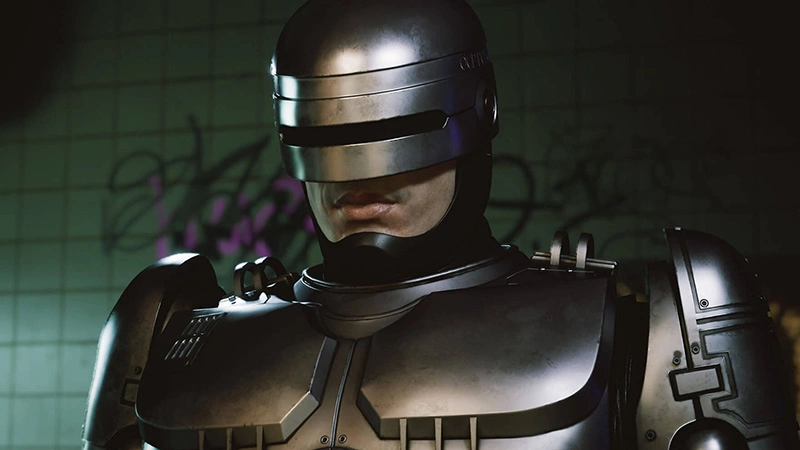
On the surface, a RoboCop video game seems like a very straightforward premise—fight bad guys as a cyborg cop and uphold the law in dystopian ‘80s America. However, most of RoboCop’s game appearances didn’t quite focus on the social satire and gray morality of Paul Verhoeven’s 1987 film, instead leaning on a shooter experience.
But with RoboCop: Rogue City, developer Teyon aimed to not only capture the bleak, sci-fi setting and hyper-violence of the original films but also cast a light on the humanity of RoboCop by bringing the action hero into the unexpected realm of a role-playing game.
Game director Piotr Łatocha had plenty to say about fitting the cyborg enforcer into an action RPG when we caught up with him before the game’s release. As he put it, making just a standard shooter wasn’t enough to make good on the experience of being RoboCop.
Part shooter, part role-playing game, all RoboCop
Following the sleeper hit success of 2019’s Terminator: Resistance, praised for its faithful and unconventional take on James Cameron’s sci-fi action series, developer Teyon put their sights on revitalizing RoboCop for a new video game. Set after the second film, Rogue City sees the cyborg police officer fight off a new crime wave in Old Detroit, all while facing conflicts with the OCP corporation and the fragile humanity that’s left in his machine body.
RoboCop: Rogue City is an action RPG. Granted, it is not to the scale of something like BioWare’s Mass Effect series, but it’s designed to make players aware of the impact of their choices and give them freedom in how they tune and build up RoboCop with new upgrades. It’s an unexpected turn for the iconic 80s action hero known for intense shootouts and gory action, but Rogue City ends up capturing the dark humor and emphatic storytelling of a RoboCop movie that the previous side-scrollers and other shoot-em-up games missed out on.
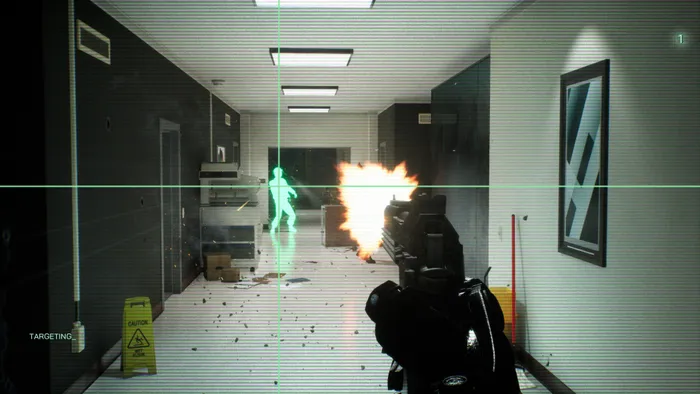
Rogue City’s take on a RoboCop RPG brings the established character into a genre that game director Piotr Łatocha and developer Teyon have long had ambitions for in the years the development have been around working on ports and other licensed IP games. According to him, injecting role-playing mechanics into a RoboCop game was the only way to truly capture the nuances of the character and their identity as Alex Murphy—portrayed by returning actor Peter Weller.
“We took some risks with RoboCop because making a straightforward shooter would have been the easiest and most obvious approach, and we wanted to do something more with this game,” said Łatocha. “From the very start, we had the idea to get players into the shoes of Alex Murphy as RoboCop in Old Detroit, and that was very important to us. The movies are not only about shooting bad guys, it’s also about the interesting characters, the investigations, and the dystopian world itself.
We wanted to give that to the players as well for Rogue City, and that’s why we needed to make this a role playing game.”
Playing RoboCop: Rogue City reveals some close similarities to the original Deus Ex, letting players walk the city’s streets, taking back alleys to find hidden pathways and side-quests to other areas of town that can be easily missed.
It’s an interesting approach, one that ends up showcasing a surprising thoughtfulness for RoboCop as a character, balancing between the hardened enforcer and the benevolent protector and also bringing much-needed humanity to the setting and to the citizens within Old Detroit as well.
Old Detroit, New Cases
The premise of Rogue City does retread old ground from the films, which was something the developers intended. But developer Teyon also wanted to enhance the world with its recreation of an explorable Old Detroit that captured the atmosphere of the 1987 film and 1990 sequel. Expanding upon the storytelling and light-RPG mechanics from Terminator: Resistance, developer Teyon focused on the moment to moment experience of being RoboCop as he patrols through the city.
Along with the F.E.A.R.-esque gun battles against Detroit’s many maniacs and oddball criminals, RoboCop also jumps into more low-key case investigations and policing duties that lead to choices affecting his relations with the public and close allies.
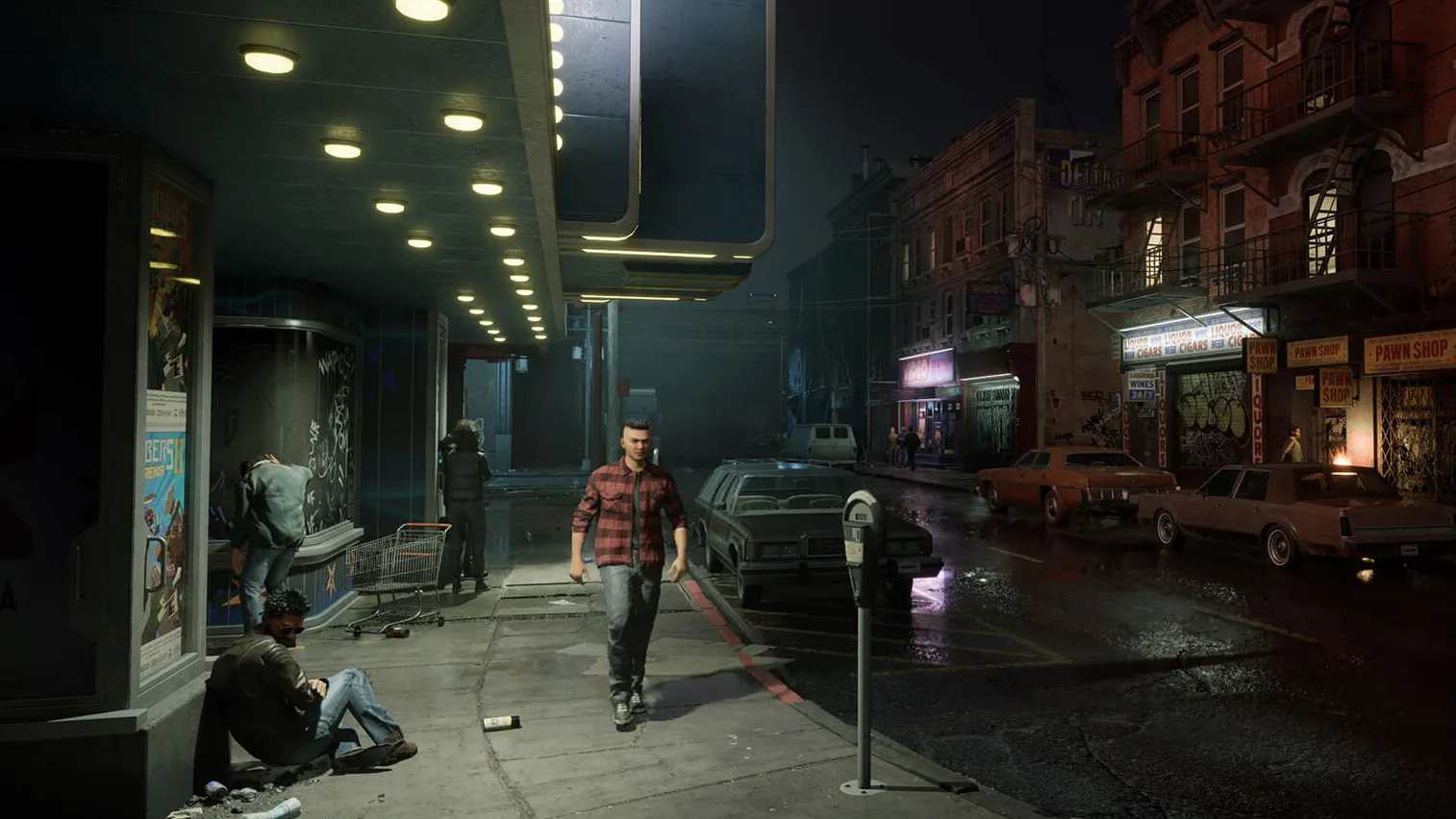
“It’s a role-playing game with choices, but these choices stay consistent with who RoboCop is, and also who Alex Murphy is as well,” said the game director. “That’s why we balance choices with serving the public trust, protecting the innocent, and upholding the law (different sides of morality in the game), which can affect your progression and the story development later in the game.”
This aspect of RoboCop’s social satire and over-the-top nature was showcased in the oddball side-mission The Discount Dealer, which saw RoboCop track down a drug dealer who undercut rivals with cheaper prices. The mission closes with a violent intervention with rival dealers, leading to an unexpected lesson in economics and the ethics of fair competition in the drug trade, with your choices in how you investigate the case influencing the ending.
These quests, and their context within a RoboCop game, show that the film’s satirical charm makes for a natural fit for a video game when properly explored.
Taking a chance on a new approach to old-school action
RoboCop: Rogue City has gotten solid reviews and stands as the most original take on a RoboCop game seen yet. Before release, though, RoboCop: Rogue City earned buzz during Steam Next Fest, the weeklong online showcase of upcoming games that includes a swath of playable demos. Developer Teyon had released an unusually large demo of Rogue City set in the opening hours.
Łatocha indicated that releasing such a large demo seems to have paid off. The plan was to always give players a demo to see their vision in full, but the feedback proved more encouraging than expected.
“We always planned to release a demo for players, but as far as reception went, it was great and was better than we expected,” said Łatocha. “People really liked it and we were super happy about it. We believed in our game and we thought we were doing something good with it, and we wanted to show off a good slice of the game going beyond the first level, which was a straightforward mission. We wanted to make sure people could see what we wanted to do with RoboCop: Rogue City, and it seemed to have really surprised people, which we’re happy with.”
A screenshot of a police station interior from RoboCop: Rogue City
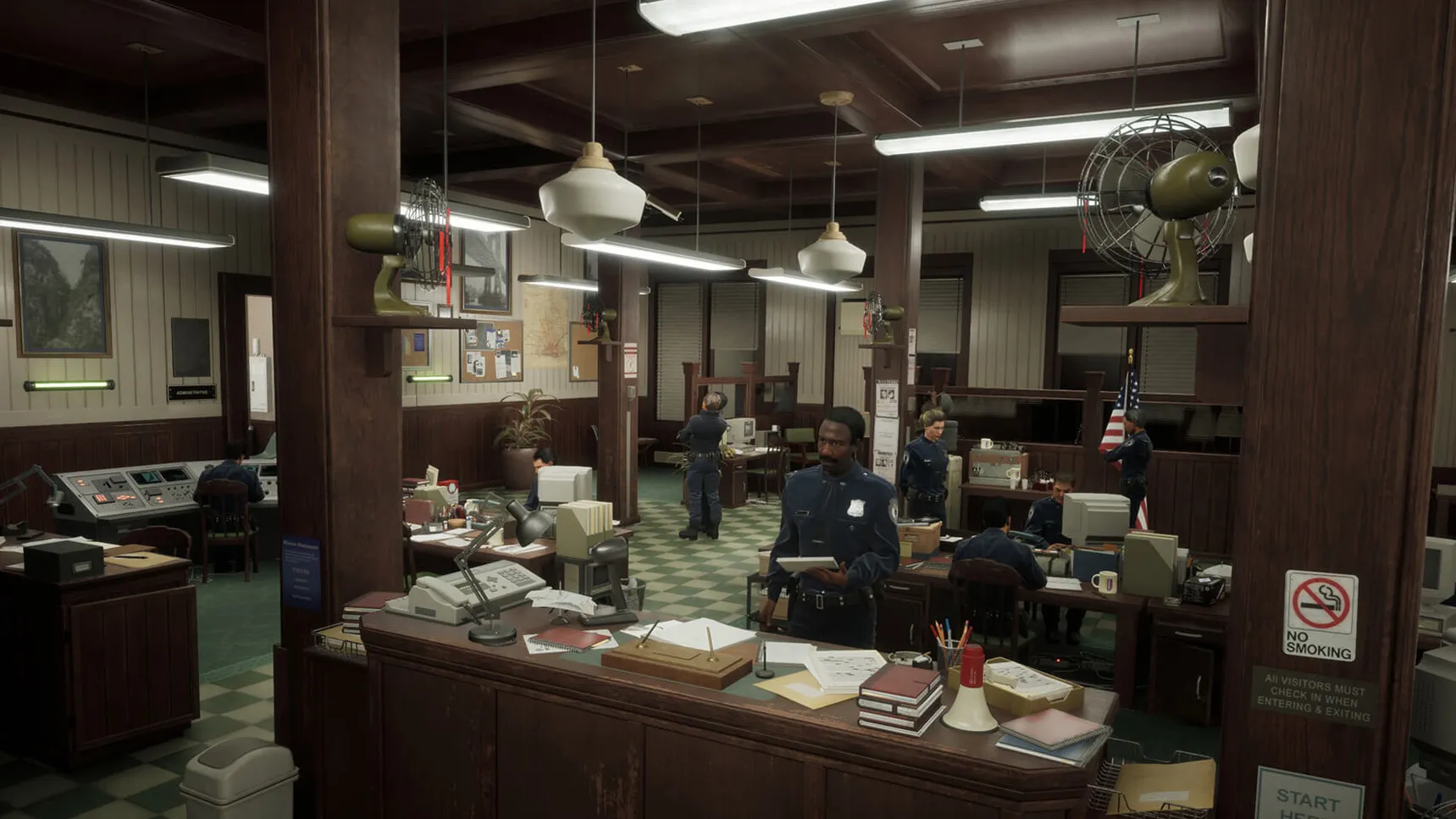
According to the game director, making Rogue City was not only about bringing a new type of RoboCop game, but also fulfilling the potential of movie-to-game adaptations—which still carry some stigma today. After RoboCop, the developers still plan to work on more licensed games going forward, carried by their ambitions to elevate movie-based video games.
“Our approach for adapting these iconic film franchises that we grew up with as ‘80s kids is always about staying true to the lore and to make the player feel like they are in that world,” said the game director. “For these types of movie games, a lot of people have those negative thoughts about them, that “it’s not going to be interesting or great,” for example,” he continued. “I think that expectation has changed a bit in recent years, and there are already a lot of very cool licensed games out there now.”
“Our goal is definitely to keep making these games, and make good license[d] games, especially if you work on some older IPs, there is no huge time pressure to make them in time for movie premieres and things like that,” he continued. “So yeah, I think things have turned around for movie games, this is something that we definitely want to be a part of.”


